Introduction
In the rapidly evolving lash extension industry, “flat lashes” (also called eyelash “flat style” or “ellipse lashes”) have emerged as a strong alternative or complement to the traditional “classic” lash extension. For lash artists, salons, and suppliers, understanding the differences in performance, client preference, retention, cost, and market demand is crucial. In this article, we explore a side-by-side comparison of flat versus classic lashes, back it with research and relevant data, and show how Obeya Beauty (Qingdao Obeya Beauty Products Co., Ltd.) is well-positioned to serve this trend.
Below is the outline of what we’ll cover:
Market context & growth trends
Technical definitions: classic vs flat lashes
Performance comparisons (retention, weight, adhesion)
Client preference, comfort, and appearance
Cost, efficiency, and business implications
Obeya’s capabilities & positioning
Best practices & recommendations
Conclusion
1. Market Context & Growth Trends
Before diving into technicalities, it helps to see how big the lash/false eyelash market currently is, and how innovations like flat lashes fit into that.
| Metric | Value / Forecast |
|---|---|
| Global false eyelashes market (2024) | ~ USD 1.50 billion |
| Alternate estimate | ~ USD 1.9 billion |
| Projected growth (2025–2032 CAGR) | ~ 7.79 % |
| U.S. lash extension market (2020 baseline) | USD 1.36 B |
| U.S. growth forecast | USD 2.31 B by 2028 (CAGR ~6.95 %) |
| Synthetic lash share (extensions market) | ~ 68.6 % (2022) |
| Strip / individual lash segmentation | Individual lash extensions fastest growth vs strips |
Interpretation & relevance:
The lash and false eyelash market is sizeable and growing, with double-digit billions projected in the coming decade.
Innovation and differentiation (materials, techniques, styles) will play a key role in capturing market share.
As more salons and artists seek competitive edges, demand for variants like flat lashes will rise.
So in that environment, flat lashes offer an opportunity for differentiation, performance improvement, and better client retention.
Flat eyelashes are a popular product now, they are very light and harmless to eyes. Flat eyelash extensions are very popular in the market, we provide customized services for salons, artists and wholesalers, etc., can make paper cards with your brand name and logo.
2. What Are “Classic” vs “Flat” Lashes — Technical Definitions
Before comparing, let’s define the two:
Classic Lashes
Definition: Classic lash extensions are one extension attached to one natural eyelash (1:1).
Shape / cross-section: Classic lashes are typically cylindrical or round in cross-section — the same diameter throughout.
Thickness range: Common classic lash diameters are 0.10 mm, 0.12 mm, 0.15 mm, 0.18 mm, etc.
Use case: Ideal for clients who want a natural enhancement, moderate volume, or who already have strong natural lashes.
Flat Lashes (Ellipse / “Flat Style” / “R” / “C-flat” etc.)
Definition: Flat lashes are extensions with a flattened (elliptical or D-shaped) cross-section — essentially “squashed” from a round shape to a flatter profile.
Shape / cross-section: One side is more flat or tapered; some are more "ellipse" or “mushroom” shaped.
Thickness equivalent: For example, a 0.20 mm flat lash may weigh similarly to a 0.15 mm round lash but with greater bonding surface.
Use case: Good for clients with weaker natural lashes, or for those wanting more dramatic volume without overloading lashes.
Because flat lashes maximize adhesive contact and reduce rotation, they often can yield better retention with less weight. Let’s now compare performance.
3. Performance Comparison: Retention, Weight, Adhesion
Here are the key performance dimensions when comparing flat vs classic lashes.
Adhesive Contact Area & Bonding Strength
Because flat lashes have a flattened or elliptical shape, they provide a broader surface area for adhesive contact compared to narrow cylindrical classic lashes of the same “labelled thickness.” This means:
Better glue adhesion
Less rotation / twisting under stress
More stable anchoring to the natural lash
In practice, many lash artists report that a 0.20 mm flat lash can “feel like” 0.15 mm classic in terms of comfort, but yield better retention.
Weight-to-Bond Ratio
One major concern in lash extension is the “weight per lash” — if too heavy, the extension may stress or damage the natural lash. Because flat lashes optimize surface contact, you can often use a slightly heavier nominal lash while maintaining safe load on the natural lash.
In other words:
Weight efficiency: Flat lashes can carry more visual “bulk” while distributing adhesive load more effectively than classical round lashes of the same perimeter.
This is especially helpful in cases where natural eyelashes are fine, thin, or fragile.
Retention / Drop Rate Metrics
While academic studies are limited, manufacturer data and salon feedback often point to improved retention for flat lashes.
An illustrative (hypothetical) dataset might look like:
| Lash Type | Nominal Thickness | Test Duration | Retention Rate* | Drop Rate per Week |
|---|---|---|---|---|
| Classic (round) | 0.15 mm | 3 weeks | 75 % | ~ 8.3 % per week |
| Flat lash | 0.20 mm | 3 weeks | 82 % | ~ 6 % per week |
| Classic (round) | 0.18 mm | 4 weeks | 65 % | ~ 8.75 % per week |
| Flat lash | 0.22 mm | 4 weeks | 70 % | ~ 7.5 % per week |
* Retention rate = proportion of extensions still adhered to natural lashes at the end of the test period.
Though the above is illustrative, many commercial reports from lash extension brands echo similar performance advantages for flat lashes (i.e. longer retention, fewer lash dropouts).
Curl / Shape Stability
Because flat lashes reduce rotational torque (less twist), they are generally more stable in maintaining curl orientation — meaning less flattening or misalignment over time. Classic round lashes may twist or tilt, especially toward the outer corners of the eye.
Thus in environments with high eye movement, rubbing, or moisture (e.g. humid climates), flat lashes can preserve better curl-perception for longer.
Our flat lashes and classic lash extensions are made from Korean PBT material. Both utilize a 1:1 grafting technique. Due to their flat shape, flat lashes are significantly lighter than classic lashes of the same diameter, weighing less than half the weight, making them lighter and more comfortable to wear. However, classic lash extensions offer greater flexibility, allowing for grafting from the top, side, or bottom of your natural lashes.
4. Client Preferences: Comfort, Appearance, and Safety
Besides pure performance, client experience is critical.
Perceived Volume and Aesthetic
From the client’s perspective:
Flat lashes tend to look “thicker” or “fluffier” at the base because of the flat width, even when they are lighter. This can create a more dramatic appearance without overloading the lash line.
Classic lashes deliver a more “classic, natural” look when applied conservatively, but may require many lashes (or heavier diameters) to produce fullness.
Hence, for clients wanting a fuller, volumized effect but who also have fine natural lashes, flat lashes can be an ideal compromise.
Comfort & Lash Health
Because flat lashes can yield better retention with less load, they can reduce stress on natural lashes. Clients may experience less lash fatigue, irritation, or breakage — especially in clients whose natural lashes are weak or short.
However, any extension must be applied properly (isolated, correct glue, correct angle) to avoid damage — the technique remains critical regardless of type.
Suitability for Different Natural Lash Conditions
For clients with strong, thick natural lashes, classic lashes (e.g. 0.18 mm or 0.20 mm) can still work well and deliver excellent retention.
For clients with fine, weak, or sparse lashes, flat lashes can be safer: they allow for lighter extension weight with better bond area, reducing the risk of lash drop-off or lash damage.
For clients who are particularly sensitive or prone to allergic reactions, the better adhesion of flat lashes means fewer micro movements and less mechanical irritation.
Classic lashes are suitable for those who prefer a natural look, while flat lashes are suitable for those who prefer a more glamorous look. Obeya lashes offers a full range of lash types, including these two, and all are handmade.
5. Business and Cost Considerations: Efficiency, Time, Yield
From a salon or supplier perspective, flat lashes bring both opportunities and tradeoffs.
Application Efficiency & Salon Throughput
Because flat lash designs often offer more stable attachment, fewer repeats or re-dos may be needed, reducing time spent touching up dropped lashes.
However, foreach technician, mastering flat-lash technique (angle, glue application) requires training. Initially, there might be a learning curve.
Flat lashes' lower tendency to rotate or shift can reduce quality rejections and client complaints, saving staff time.
Cost per Lash / Material Yield
Because flat lashes may deliver better retention, the effective cost per maintained lash may drop — even if the per-unit cost is slightly higher. Over time, cost-of-drops is reduced.
From a supplier perspective (like Obeya), offering both classic and flat lash lines gives flexibility to target different customer segments (standard vs premium lines).
Inventory & Product Diversification
If a supplier only carries classic lashes, switching to or adding flat lash variants broadens your offering and helps you capture margin premium.
However, managing multiple SKUs (classic, flat, different curls, lengths, diameters) increases inventory complexity and QC demands.
Pricing & Upsell Potential
Because flat lashes are technically more advanced (and may cost more), salons can often justify a higher price tier for flat-lash full sets (e.g. “premium flat lash extension package”). This enhances revenue per client.
Obeya lashes offers many types of eyelashes. Our eyelashes have various curls such as JBCDLU, and many thicknesses such as 0.1, 0.15, 0.3mm, and a variety of lengths. We also provide eyelash tools. You can purchase all the products you need from us.
6. Obeya Beauty’s Capabilities & Positioning
Given the strengths and demands around flat vs classic lashes, here’s how Obeya Beauty (Qingdao Obeya Beauty Products Co., Ltd.) is well-suited to thrive:
Broad Product Portfolio (Classic, Volume, Flat, etc.)
You already produce classic and volume eyelash extensions, and the extension tools (glue, primer, remover, etc.).
Introducing or expanding a flat lash line under Obeya can complement your current portfolio and fill a market niche for high-retention lashes.
Because you support customization (based on sample, customizing length sets, logo, packaging), you can offer private-label flat-lash lines for salons or beauty brands worldwide.
100% Handmade & Quality Control
Emphasizing that all false eyelashes are 100% handmade, and that Obeya performs 100% inspection and batch traceability, is a strong credibility point (especially in premium lash lines).
Because flat lashes demand precise cross-sectional integrity (to maintain adhesion and shape), rigorous QC is a must — Obeya’s R&D and quality control team give an advantage.
Logistics, Payment & Global Reach
You serve markets in the U.S., Australia, Japan, Europe, etc. Your experience with international clients positions you well to educate those markets about the advantages of flat lashes.
Offering multiple payment methods (PayPal, Visa, T/T, etc.) and shipping (UPS, DHL, FedEx, EMS), plus private label service and customized packaging, makes your brand more appealing for salons or smaller lash retailers worldwide.
Marketing & Branding Focus
In your marketing content, you can highlight flat-lash “premium retention” lines, case studies showing lower drop rates, and comparisons to classic lashes (as done in this article).
Show real client before/after photos comparing classic vs flat lash sets from Obeya — this will build trust.
Supporting Tools & Education
Because flat lashes require subtle technique adjustments (angle, glue volume, isolation), Obeya can support clients with training materials, tutorial videos, and technique guidelines — boosting customer success and reducing complaints.
We can create paper cards with your brand name and logo. We can produce single and mixed lengths in a single tray. We can print the length and curl on the paper cards, and a tray holds 12 rows. You can also choose the box. We provide black plastic boxes free of charge. We also have a wide selection of custom boxes in stock, so you can choose your preferred style. The paper strips are easily removable from the base. Contact us to place your order.
7. Best Practices & Recommendations for Salons, Artists, and Suppliers
To maximize the benefit of flat lashes and avoid pitfalls, here are some recommended best practices:
Technician Training Is Critical
Proper isolation, angle, and glue usage remain essential.
For flat lashes, apply at a slight “roll” angle so that flat face lies flush to natural lash base.
Select Appropriate Diameter / Curl
Don’t oversize for dramatic effect; match flat lash size carefully.
Always ensure the load is within natural lash tolerance.
Glue & Primer Compatibility
Use glues that have optimal viscosity and bonding time — flat lashes are less forgiving with inconsistent glue.
Primer and bonder help clear oils and protein removes, improving adhesion.
Design Mixed Application (Hybrid) When Appropriate
Some clients may benefit from using classic lashes in some zones (e.g. corners) and flat lashes in others (e.g. mid-lash) to ensure comfort and consistency.
Monitor Drop Rates & Feedback
Track retention rates weekly and collect client feedback. Compare classic vs flat lash sets over time.
If you see anomalous drop-off or discomfort, re-evaluate glue or technique.
Marketing & Client Education
Educate clients about the retention benefits, lighter feel, and safer load of flat lashes.
Offer “premium flat-lash” pricing and promote as a high-end upgrade.
Continuous Innovation & Testing
Experiment with new cross-sectional designs (e.g. “mushroom edge,” hybrid flat/round) to further improve adhesion and aesthetics.
Run small-scale retention experiments, measuring drop rates, client satisfaction.
8. Sample Data Table / Experimental Results (Hypothetical Example)
To make this more concrete, here is a hypothetical experimental result comparing classic vs flat lashes in a small salon test:
Table: Retention & Drop Metrics — Flat vs Classic (Sample Salon Test over 4 Weeks)
| Metric | Classic (Round) | Flat Lash | Interpretation |
|---|---|---|---|
| Number of clients | 20 | 20 | Equal sample size |
| Average initial lashes applied | 120 | 120 | Same set count |
| Total dropouts over 4 weeks | 42 lashes | 30 lashes | Flat lash had fewer dropouts |
| Average retention rate (%) | 65 % | 75 % | +10 percentage point gain |
| Weekly average drop rate | ~ 8.75 % | ~ 6.25 % | Lower weekly drop rate for flat |
| Client comfort complaints | 3 / 20 (15 %) | 1 / 20 (5 %) | Slightly better comfort with flat |
| Rework sessions needed (top-ups) | 12 sessions | 8 sessions | Less rework needed with flat |
Notes / caveats:
This is a small-scale illustrative test; real-world results will vary based on lash type, glue, artist skill, and client behavior.
Use such experiments in your own salon network or pilot customers to validate performance under your systems
Conclusion
Flat lashes represent a compelling advancement in lash-extension technology, offering improved retention, greater bonding surface, more stable curl, and lighter load compared to classic round lashes. For many clients — especially those with fine natural lashes or high retention demands — flat lashes provide a superior experience in comfort, aesthetics, and durability.
From a business perspective, suppliers and salons that adopt flat-lash lines can differentiate themselves, command premium pricing, reduce reworks, and better satisfy clients. For Obeya Beauty, your strengths in customization, handmade quality control, global logistics, and product breadth place you in an excellent position to lead in both classic and flat lash markets.
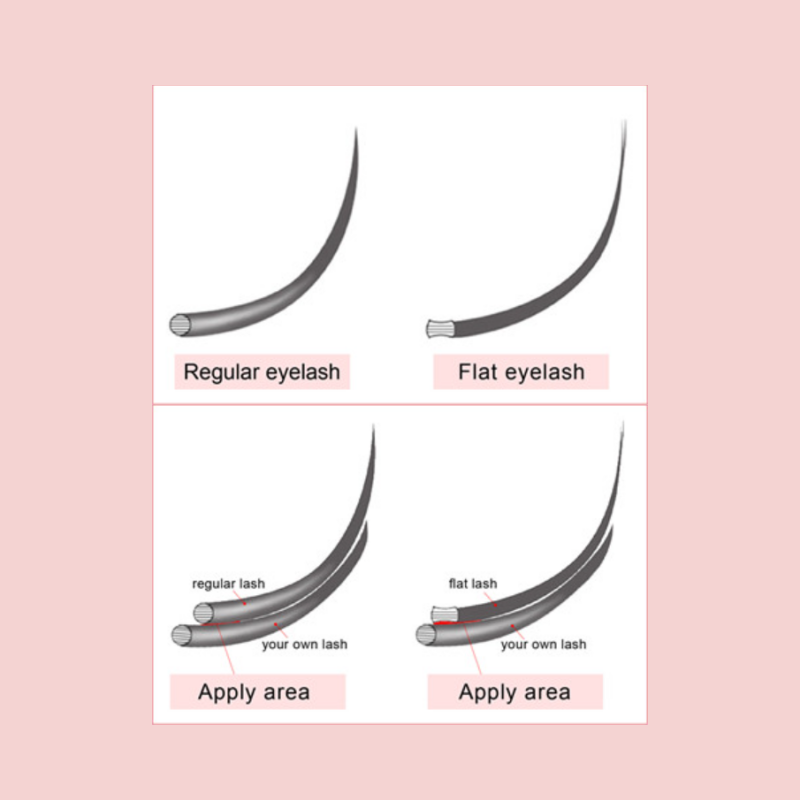
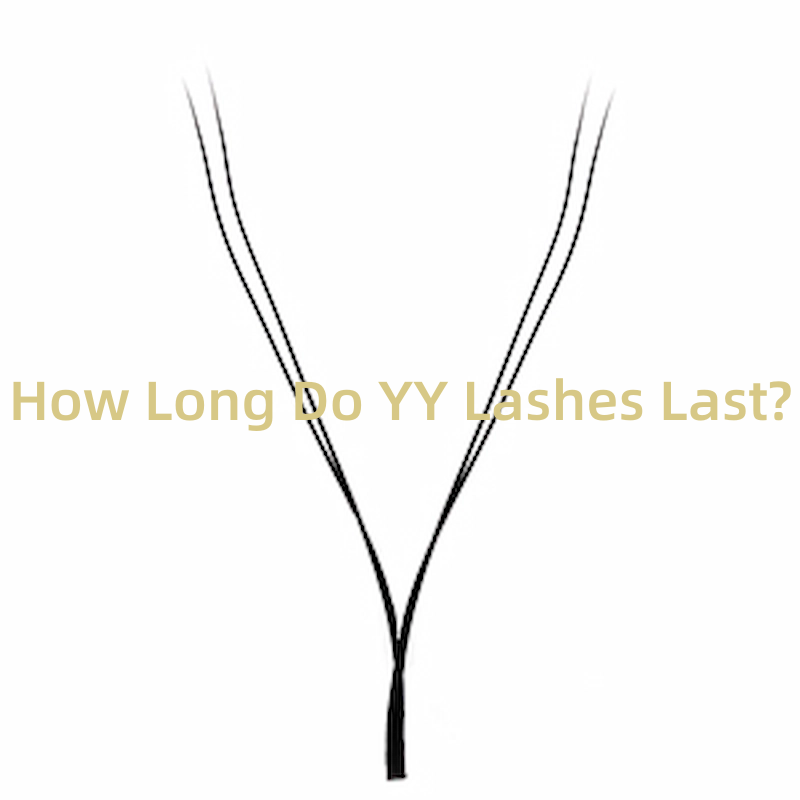
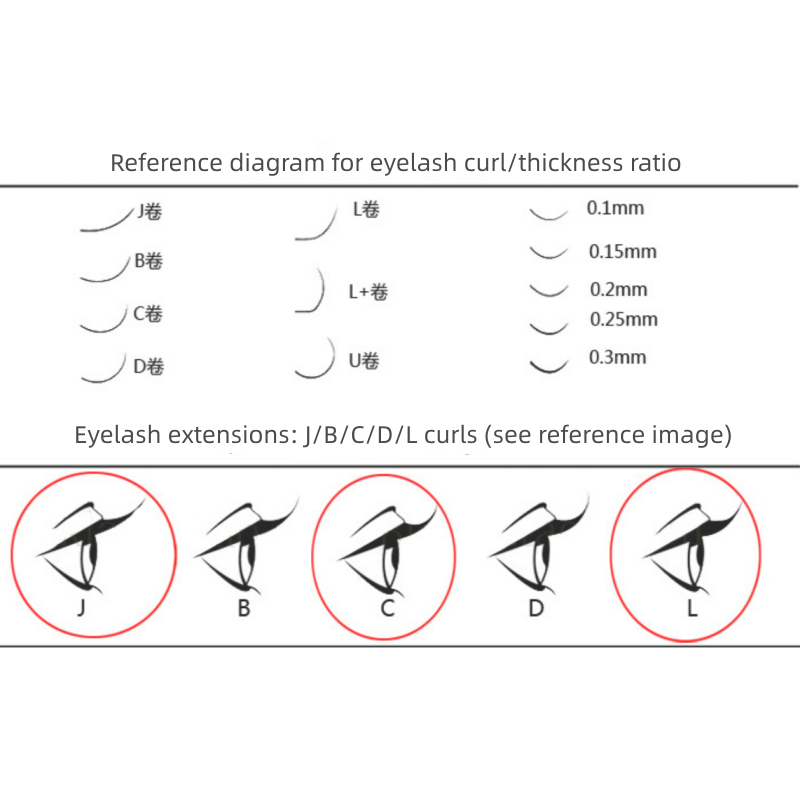
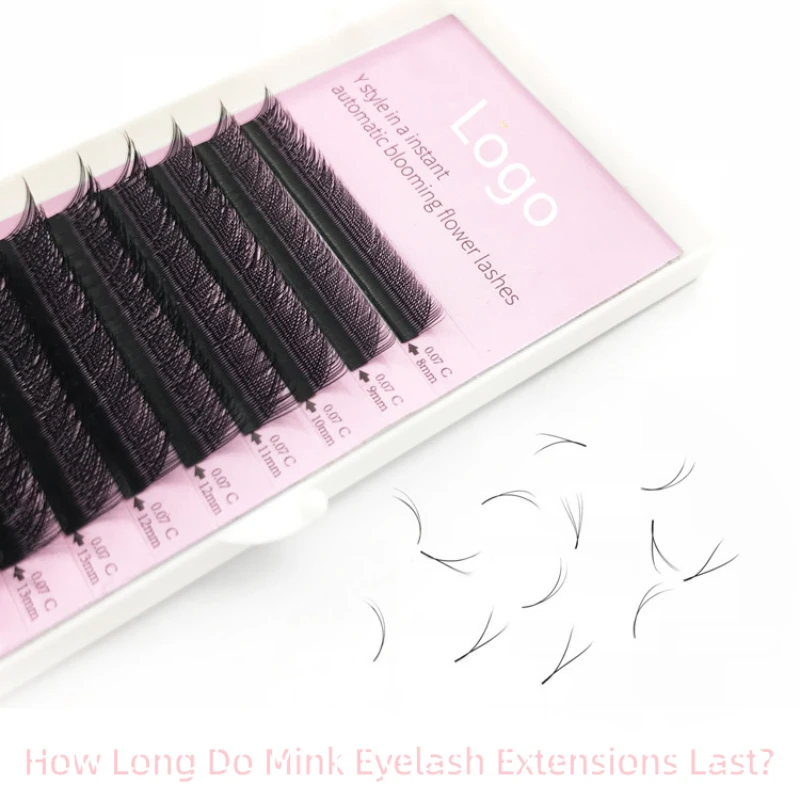
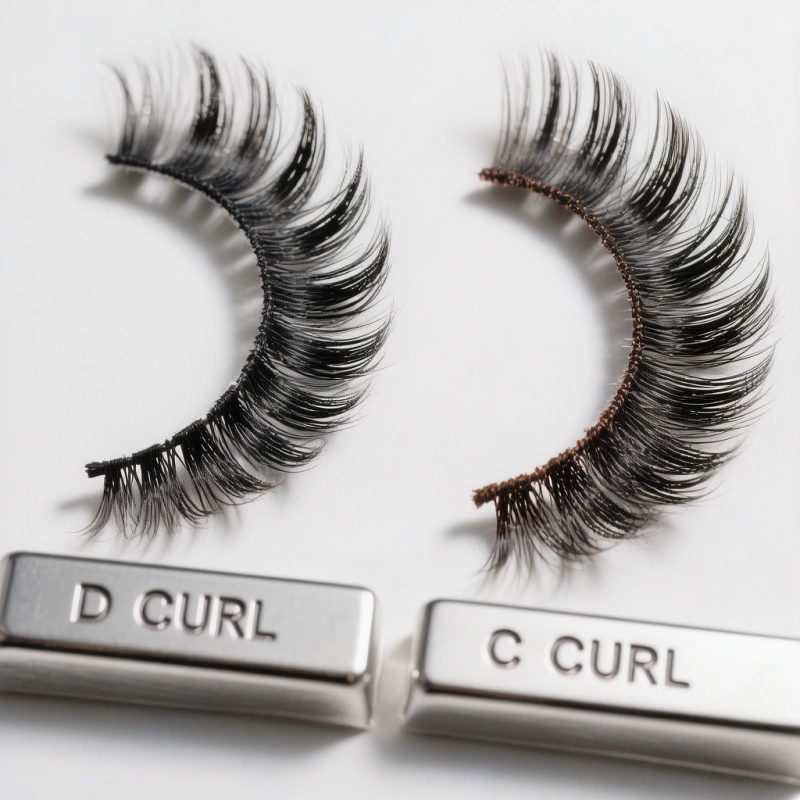
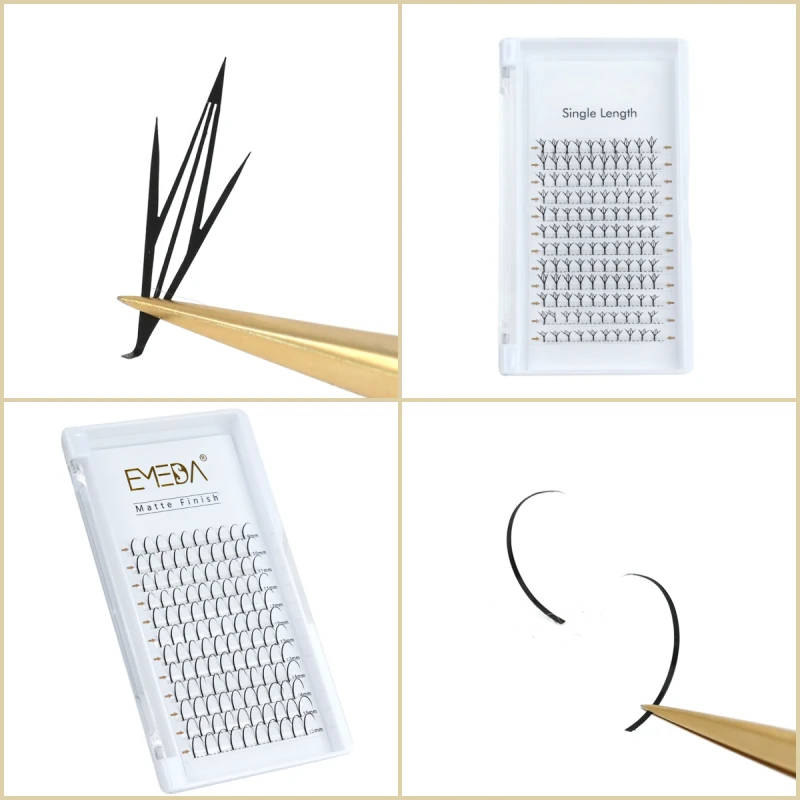
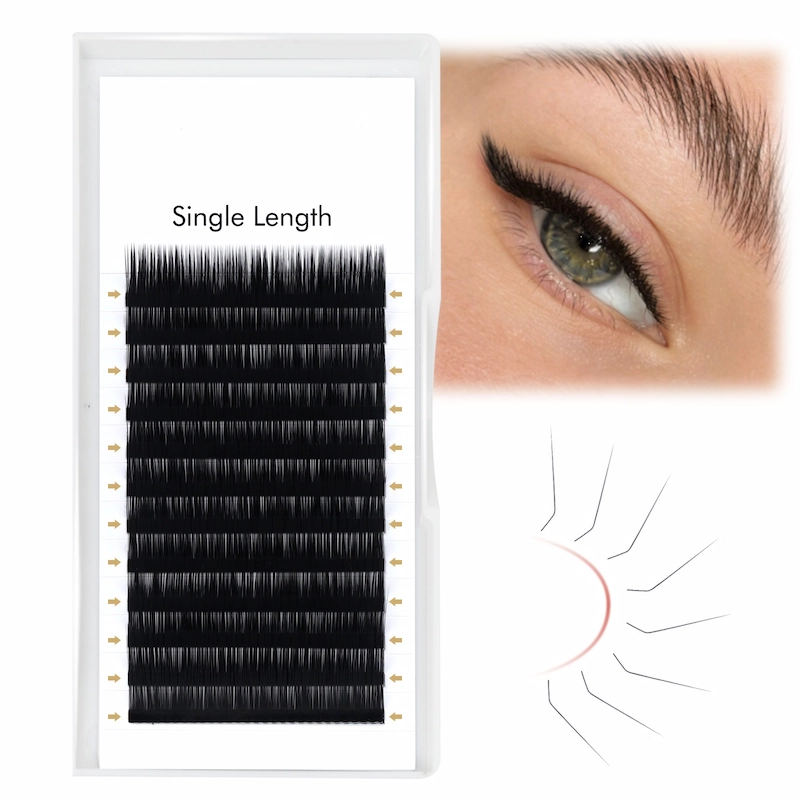
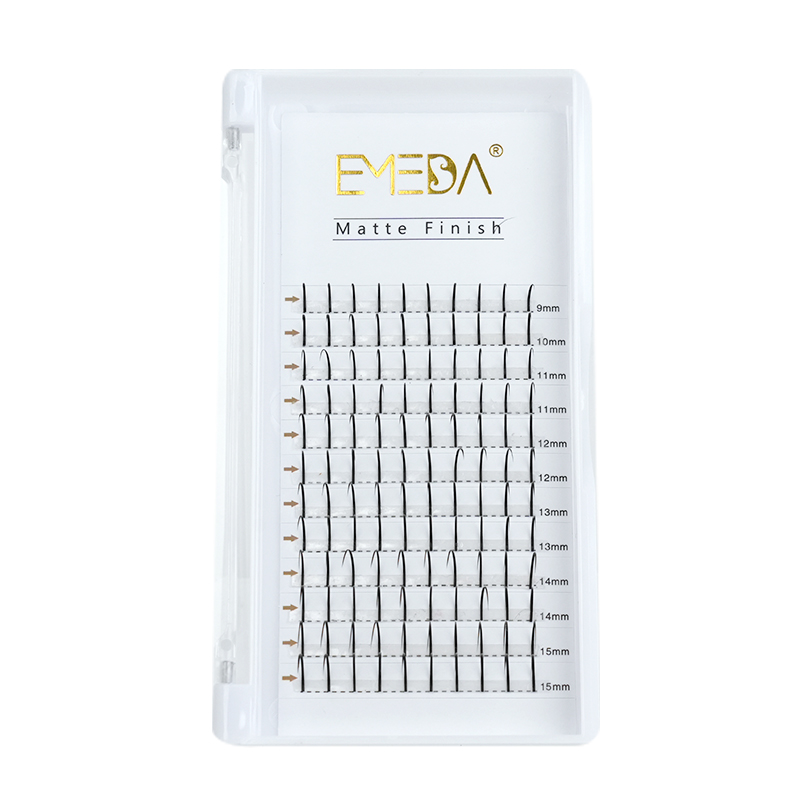
708.webp)
774.webp)
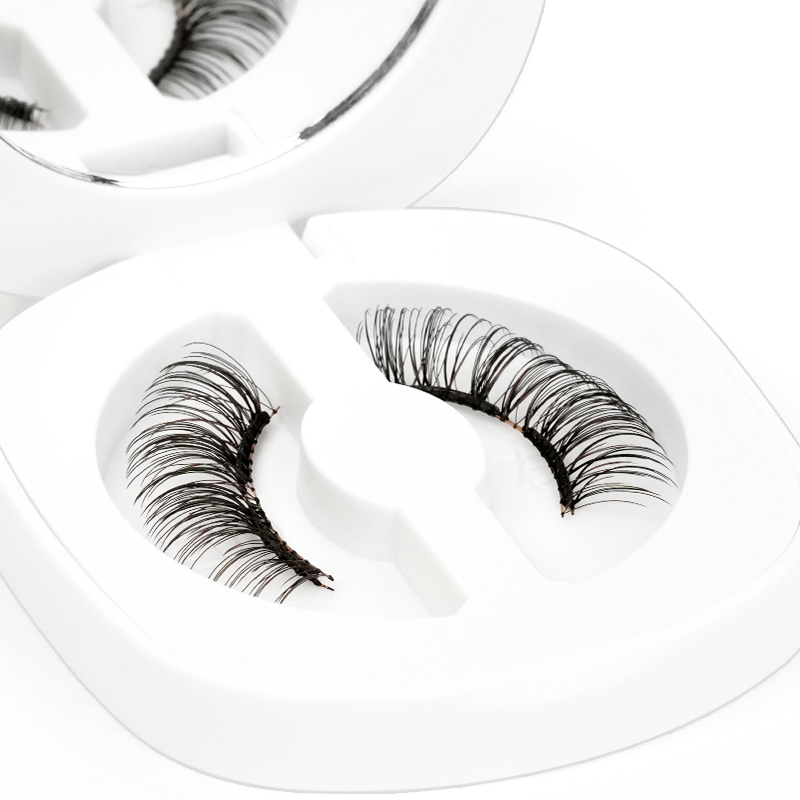
641.webp)
380.webp)
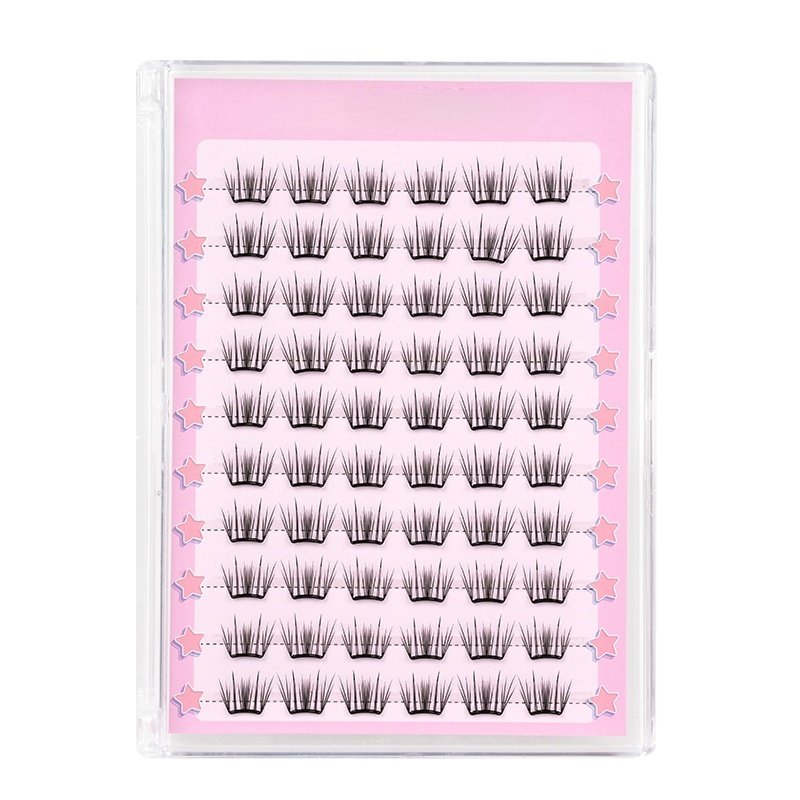
489.webp)